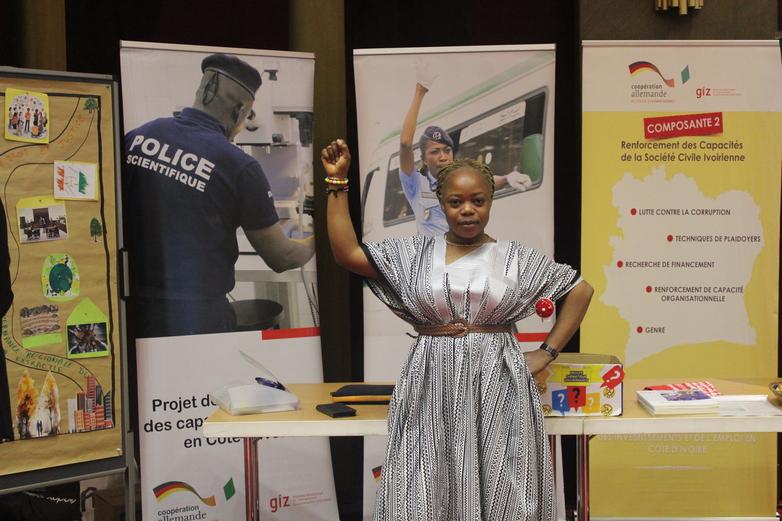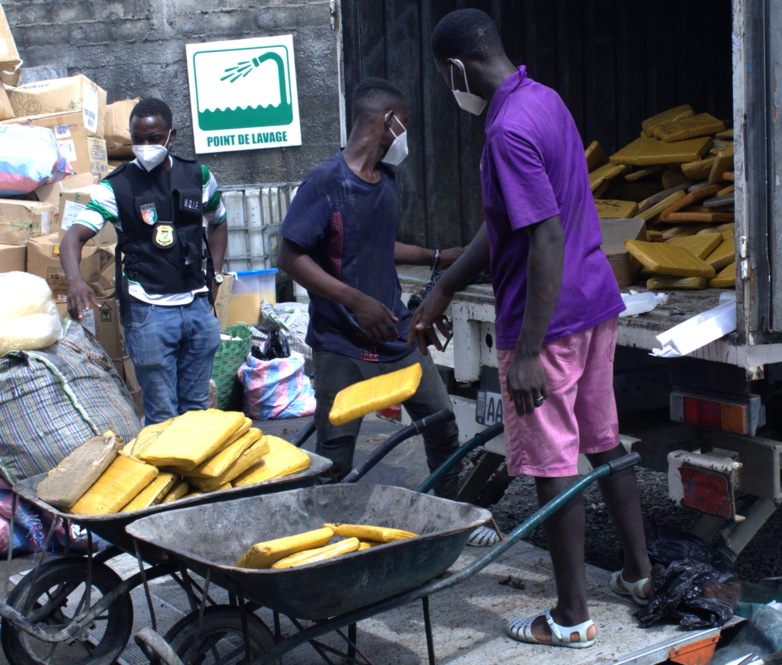Context
In recent years, Côte d’Ivoire has been enjoying dynamic economic growth and a relatively stable political climate. Despite these positive developments, corruption, opaque administrative practices and a lack of accountability are common. This hinders the potential growth of small and medium-sized enterprises (SMEs) in particular, which currently account for only a small part of the Ivorian economy. Meanwhile, civil society is not fully able to demand transparency and accountability from the state.
Objective
The integrity and accountability of Côte d’Ivoire’s public administration and its focus on competition have been strengthened.
Approach
The project is working with key actors involved in ensuring good governance. It is helping to promote greater professionalism and optimise processes at state institutions that monitor corruption and money laundering. To achieve this, the project is supporting the roll-out of digital applications, including a whistleblowing mechanism at the anti-corruption agency, HABG, and a case management system at the Financial Intelligence Unit, CENTIF. Gender-sensitive preventive mechanisms are also supplementing existing approaches in selected administrations.
Furthermore, the project is working to increase the focus on competition and improve regulation in public procurement. This includes offering support in this area to state entities and running courses about the public procurement process for interested companies.
Monitoring public budgets is another focus area of the project. Here, it is aiding the supreme audit institution in introducing performance audits. It is also supporting the efforts of civil society, the media and the private sector to ensure greater transparency.
